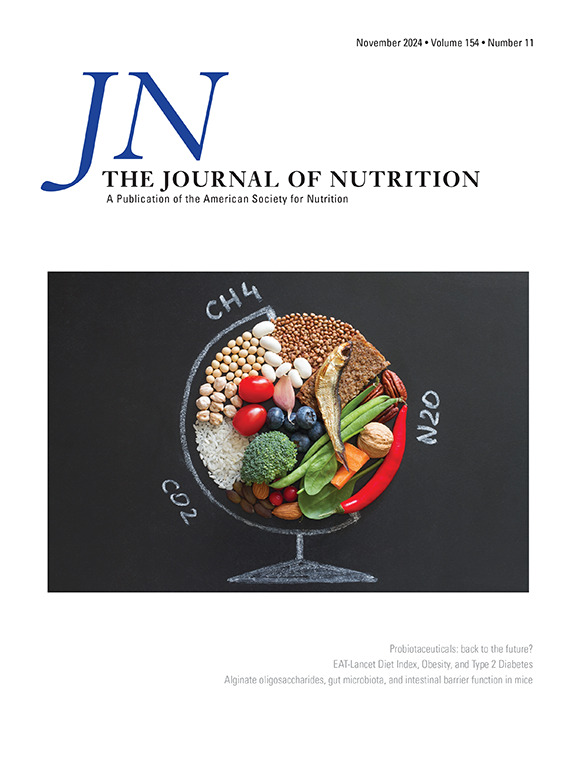抗菌肽的来源、生物学功能和仔猪肠道调节。
IF 3.8
3区 医学
Q2 NUTRITION & DIETETICS
引用次数: 0
摘要
抗菌肽(Antimicrobial peptides, AMPs)是一类具有广谱抗菌、抗病毒和抗真菌活性的小分子,在后抗生素时代有望成为家畜的新型营养添加剂。这些化合物大多具有独特的作用机制,能够结合和破坏微生物膜,导致细胞内内容物泄漏。某些抗菌肽也被证明能够影响DNA/RNA、细胞壁合成和蛋白质折叠,从而对病原体产生耐药性构成挑战。此外,amp在调节促炎和抗炎反应以及肠屏障的调节中发挥重要作用。本文综述了抗菌肽的来源、生物学功能和在仔猪体内的调节,从而对其在营养和疾病调节中的作用提供了重要的见解。本文章由计算机程序翻译,如有差异,请以英文原文为准。
Antimicrobial Peptides: Source, Biological Function, and Intestinal Regulation of Piglets
Antimicrobial peptides (AMPs) belong to a class of small molecules with broad-spectrum antibacterial, antiviral, and antifungal activities, which have the potential as novel nutritional additives for livestock in the postantibiotic era. Most of these compounds possess a distinctive mechanism of action, which are capable of binding and disrupting to the microbial membrane, leading to leakage of intracellular contents. Certain AMPs have also been demonstrated the ability to affect deoxyribonucleic acid/ribonucleic acid, cell wall synthesis, and protein folding, thereby posing challenges for pathogens in developing drug resistance. In addition, AMPs play essential roles in regulating both proinflammatory and anti-inflammatory responses, as well as in the modulation of the intestinal barrier. The review summarizes the sources, biological functions, and in vivo regulation of AMPs in piglets, thus providing crucial insights into their contribution to the modulation of nutrition and disease.
求助全文
通过发布文献求助,成功后即可免费获取论文全文。
去求助
来源期刊

Journal of Nutrition
医学-营养学
CiteScore
7.60
自引率
4.80%
发文量
260
审稿时长
39 days
期刊介绍:
The Journal of Nutrition (JN/J Nutr) publishes peer-reviewed original research papers covering all aspects of experimental nutrition in humans and other animal species; special articles such as reviews and biographies of prominent nutrition scientists; and issues, opinions, and commentaries on controversial issues in nutrition. Supplements are frequently published to provide extended discussion of topics of special interest.
 求助内容:
求助内容: 应助结果提醒方式:
应助结果提醒方式:


